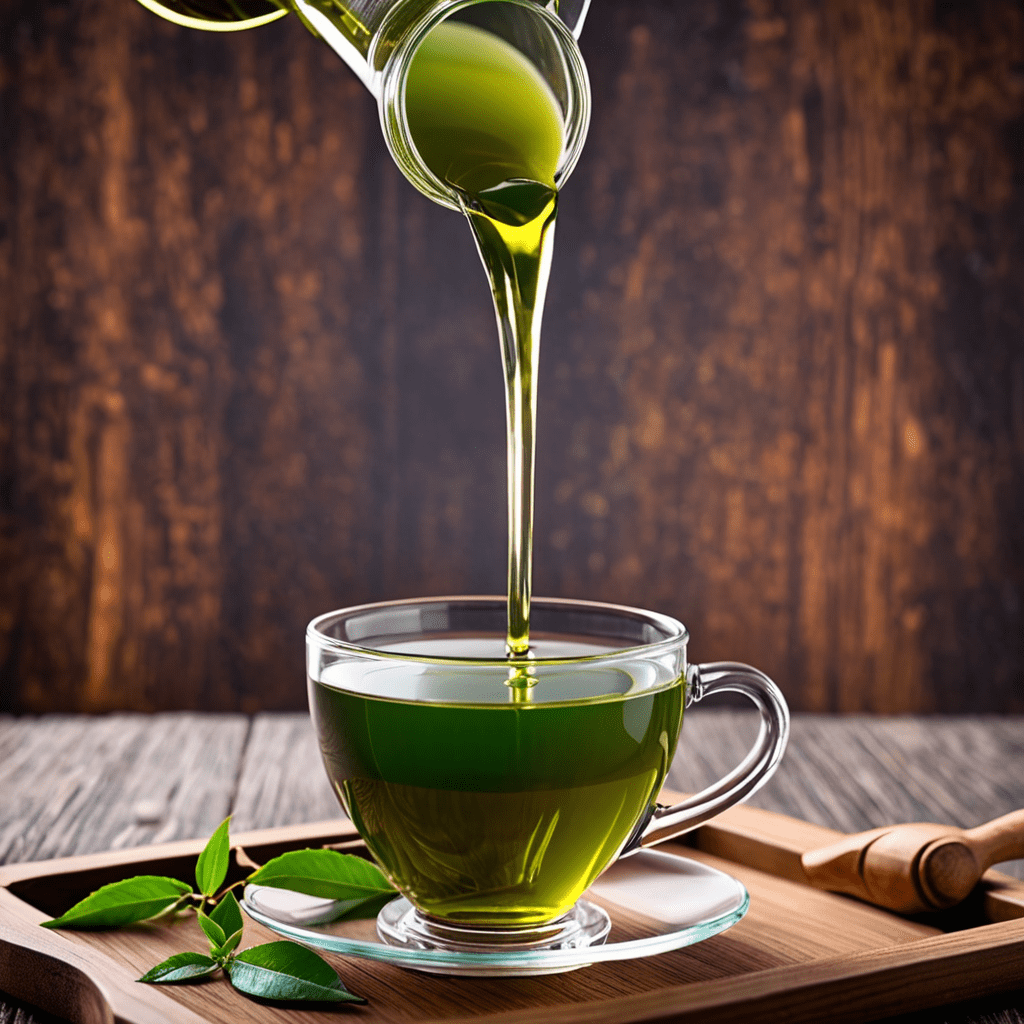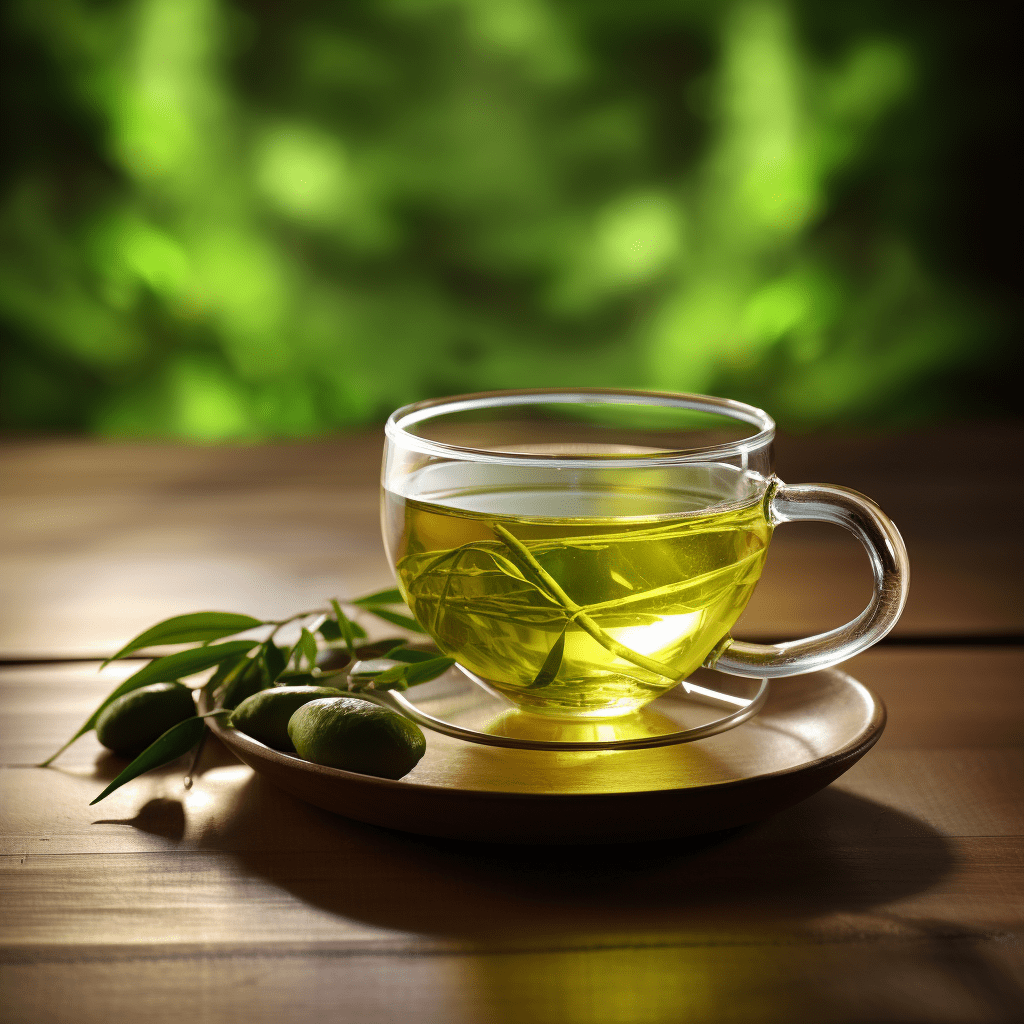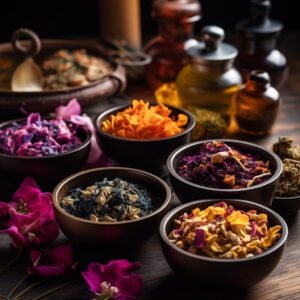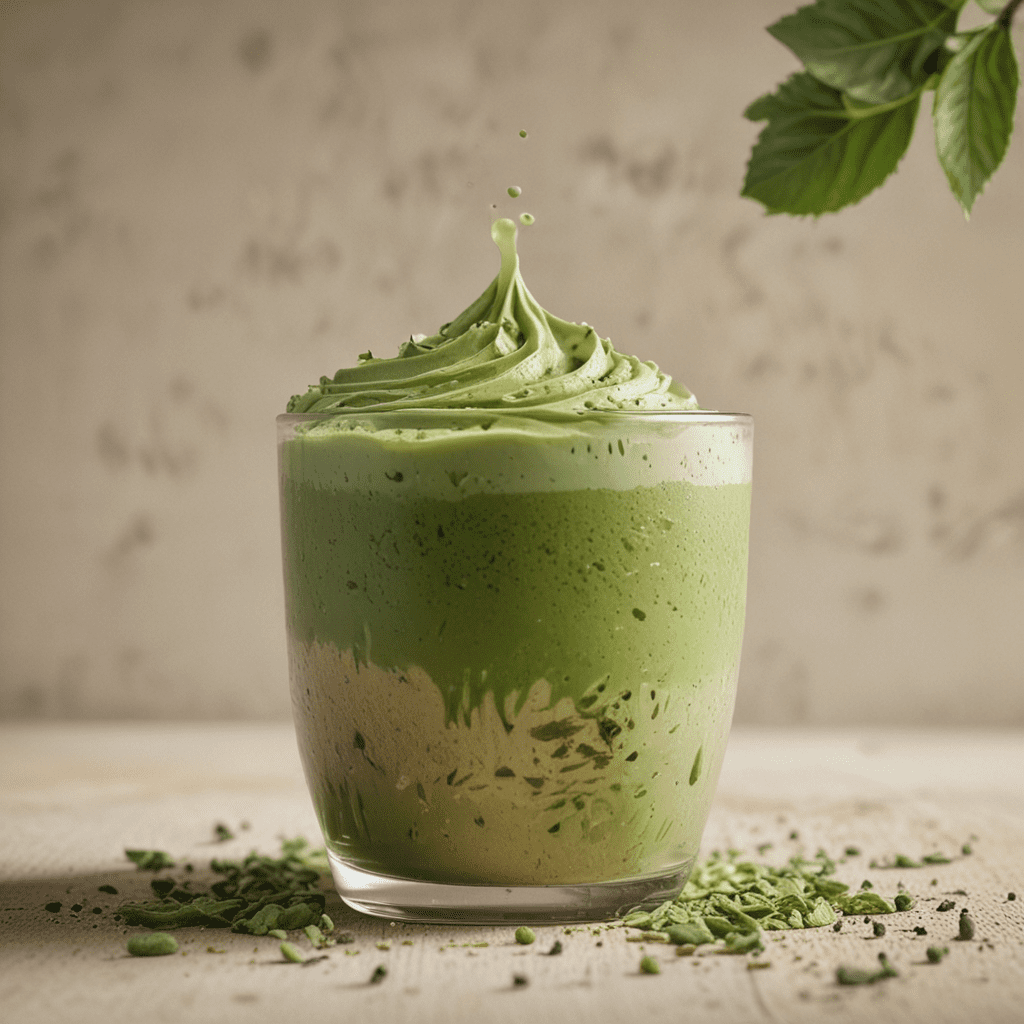
Unraveling the Mystery: The Science Behind Green Tea Turning Brown
1. Introduction
Green tea is widely known for its vibrant green color, but have you ever noticed that sometimes it turns brown? In this article, we will delve into the scientific reasons behind this fascinating phenomenon.
2. The Chemical Process
Green tea leaves contain natural compounds known as polyphenols, specifically catechins, which give green tea its characteristic color. However, when exposed to certain environmental factors and oxidation, these compounds undergo chemical changes that result in the tea turning brown.
3. Oxidation: The Culprit
Oxidation is the primary cause of the color change in green tea. When tea leaves are exposed to oxygen in the air, enzymes present in the leaves convert catechins into darker pigments called theaflavins and thearubigins. This oxidation process is similar to how fruits or vegetables turn brown when exposed to air.
4. Factors Affecting Oxidation
Several factors can influence the rate of oxidation in green tea. These include:
- Temperature: Higher temperatures accelerate oxidation, while lower temperatures slow it down.
- Moisture: The presence of moisture can speed up oxidation.
- Exposure to air: Increased exposure to air enhances oxidation.
- Time: Longer steeping times can lead to more oxidation.
5. The Art of Steeping
Proper steeping techniques can help minimize the browning of green tea. Here are some tips:
- Use cooler water: Steeping green tea at lower temperatures can help reduce oxidation.
- Control steeping time: Shorter steeping times result in less exposure to air and oxidation.
- Airtight storage: Properly storing green tea in airtight containers can minimize oxidation when not in use.
6. The Health Impact
The color change in green tea does not significantly affect its health benefits. While the antioxidant levels may decrease slightly due to oxidation, green tea still contains numerous health-promoting properties.
FAQs
Q: Does the brown color of green tea affect its taste?
A: The change in color typically does not affect the taste of green tea. However, as oxidation progresses, the tea can develop a more intense flavor.
Q: Can I still drink green tea that has turned brown?
A: Yes, you can still consume green tea even if it has turned brown. While the color may indicate oxidation, the tea is still safe to drink, albeit with potentially altered flavor profiles.
Q: How can I prevent my green tea from turning brown?
A: To minimize the browning of green tea, follow these steps: use cooler water for steeping, control steeping time, and store the tea in airtight containers to reduce exposure to air.


